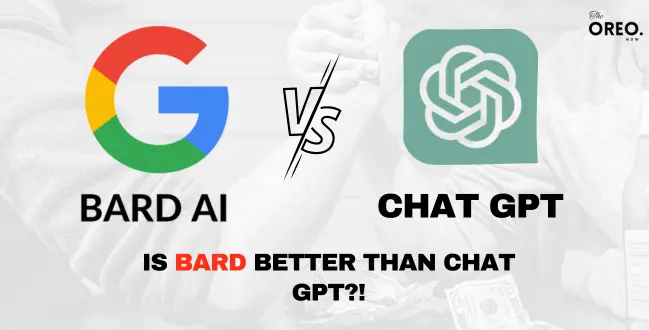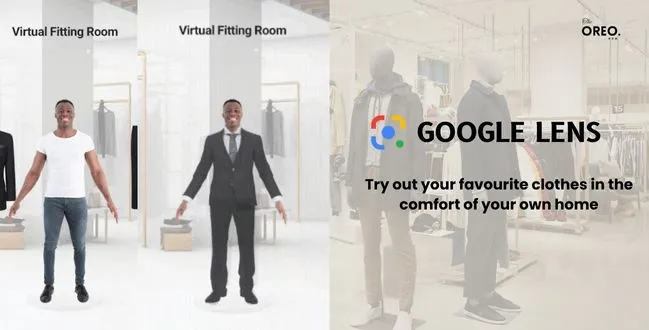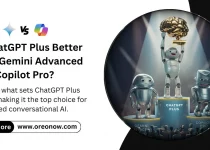Can your original content falsely be denounced as AI now?
Progressions in artificial intelligence (AI) have changed different highlights of our lives inside the progressing time, checking dialect era. OpenAI’s exceedingly acclaimed GPT-3.5 dialect demonstration has picked up affirmation for its astounding capacity to convey substance that’s coherent and appropriately appropriate. By the by, the improvement of AI-generated substance has given rise to stresses with regard to potential misappropriation and outlandish certifications. This article plunges into the likelihood of being untrustworthy faulted for utilizing AI-generated substance, with a specific middle on non-native English researchers, while shedding light on the inclinations pervaded interior GPT discoverers.
The availability of AI-generated content has rapidly arranged it as an imperative instrument for substance creation, benefiting individuals over diverse capable spaces. Be that because it may, this wide openness has as well given rise to concerns with regard to the validity, scholarly burglary, and dispersal of duplicity. While AI-generated substance has different significant applications, it is significant to watch between its able and dishonest utilization. The Inclination Against Non-Native English Scholars has made a significant effect on the industry.
An imperative issue arises when non-native English researchers utilize AI-generated content. Non-native researchers as often as possible involve challenges in communicating themselves easily and casually, driving to potential etymological aberrations. When AI-generated substance is utilized to progress their composing, it can incidentally open up these aberrations, raising questions of scholarly burglary or trustworthiness.
Agreeing to Researchers, the utilization of GPT locators in assessing work applications, college entrance papers, or tall school assignments can have significant recommendations. Interface, the consider highlights a confusing effect wherein non-native English speakers may be compelled to utilize more generative AI tools to bypass revelation and make strides in their lingo capability.
This appears to serve as a cautious degree against potential division, badgering, and restricted permeability which can develop from being unreasonably centered. The errors recognized by the makers were credited to the GPT detectors’ inclination towards complex dialect and their affinity to penalize less demanding word choices commonly utilized by non-native English researchers. Shockingly, the compositions composed for the Test of English as a Foreign Dialect (TOEFL) appeared lower substance perplexity, which confounded the AI illustrator.

The GPT locators tend to acknowledge that a human-composed the substance when they fight to anticipate the taking afterword in a paper. On the other hand, on the off chance that the substance is less complex to expect, it is more likely to be classified as AI-generated. It is found that the locators assign a low perplexity score when common English words are utilized, extending the likelihood of hailing the composition as AI-generated. On the other hand, on the off chance that more complex and cutting-edge vocabulary is utilized, the calculations are more inclined to classify the substance as being composed by a human.
In a think almost, the investigators found out that the execution of seven broadly utilized GPT discoverers utilizing a test of 91 papers composed by Chinese speakers for the TOEFL. They in addition analysed 88 papers composed by U.S. eighth-graders, which were gotten from the Hewlett Foundation’s ASAP (Robotized Understudy Appraisal Prize) action The industry can involve basic repercussions from unfaithful charges of utilising AI-generated pieces. Such charges can amazingly hurt an individual’s reputation, coming around inside the deterioration of acceptance and legitimacy.
Besides, there may be genuine cases, checking potential cases, which help influence the censured party. These off-base charges as well have broader proposals for the industry, undermining acceptance and developing a climate of question that hampers collaboration among specialists. The fear of being insincerely faulted can act as a deterrent to getting a handle on AI-generated substance and other advanced progress, blocking creativity and covering headway. Non-native English researchers, in particular, bear the brunt of these affirmations, standing up to self-doubt and diminished commitment
In the long run, the industry’s progress can be prevented as off-base charges contribute to a negative acknowledgment of AI progress, demolishing their wide determination and limiting the industry’s advancement and potential movements. The coming of AI-generated substances has brought around a worldview move in substance creation and utilization. In any case, the inclinations embedded in GPT discoverers can permit rise to outlandish confirmations, especially centering on non-native English writers. To handle this issue, it becomes essential to make area components that are comprehensive and pertinently fragile, taking beneath thought etymological contrasts and the complexities of non-native English composing.
Raising mindfulness around the restrictions and slants related to GPT discoverers will progress a more unbiased evaluation of substance and secure non-native English researchers against unmerited affirmations of utilizing AI-generated substance.
Must Read: Introducing WhatsApp Business Paid Messages: Enhancing Customer Reach and Engagement
What is WhatsApp Pink? Things You Should Know Before Installing It




One Comment